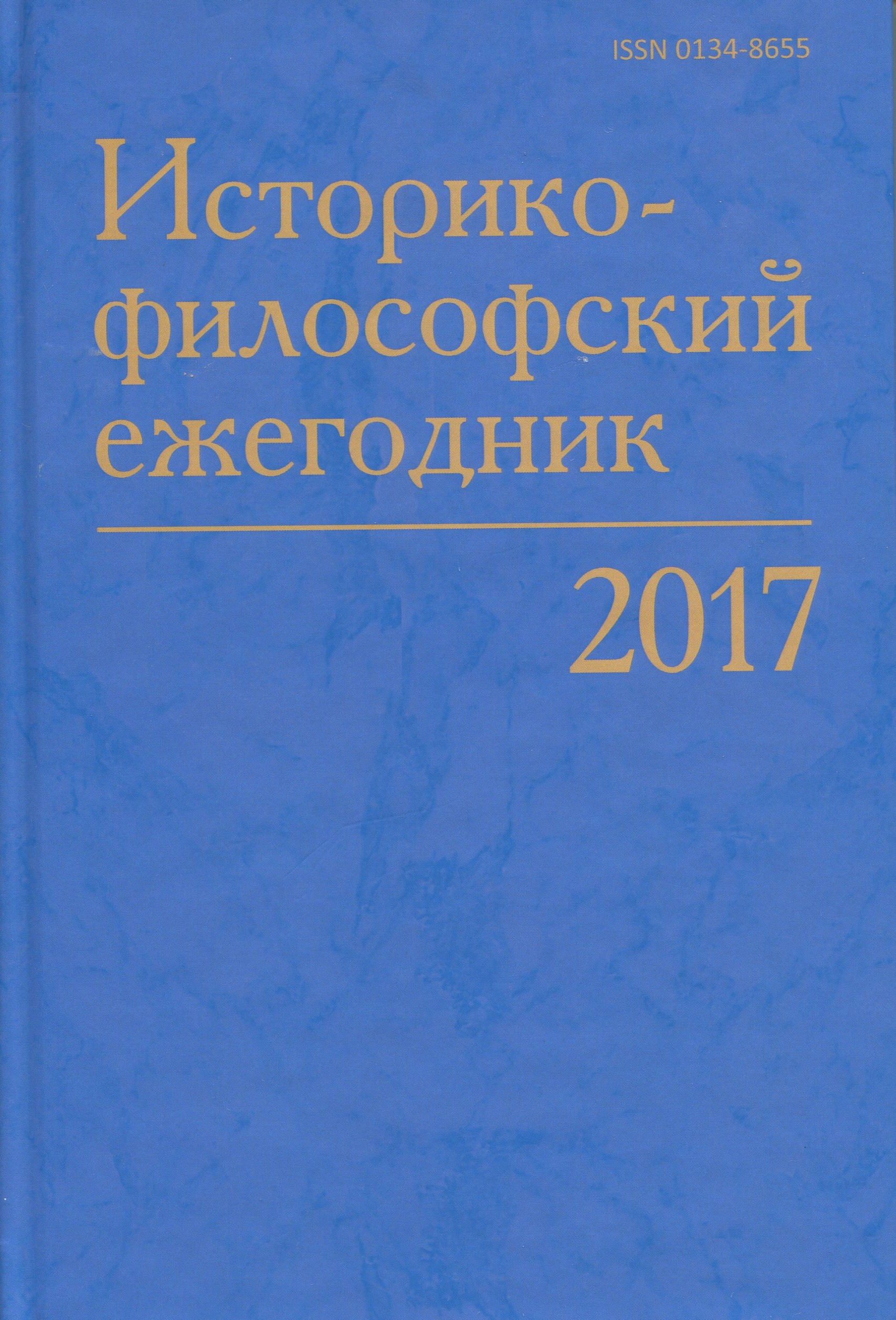Laboratory of Ontological Concepts. Antonius Syrectus and Antonio Trombetta: 15th century Scotists
Keywords:
15th century Scotism, Antonius Syrectus, Antonio Trombetta, formalist tradition, res, realitas, internal modus, scotistic ontologyAbstract
The article examines the main ontological concepts presented in the «Treatise on formalities» written by a Parisian Franciscan Antonius Syrectus, and a commentary on that text, composed by an Italian Franciscan Antonius Trombetta. Both authors belong to the so-called formalist tradition of the 15th century, representing one of the directions in which philosophy and theology of Duns Scotus was developing. The texts of Syrectus and Trombetta, as well as a formalist tradition as a whole, pertain to a vary poorly studied phenomena in the history of Western philosophy. The article discusses the concepts of res (thing), realitas obiectiva, aliquid rei and internal modus. It is shown that scotistic ontology is characterized by a noeticalnoematical isomorphism, that is to say, a strict structural correspondence between the concepts of our intellect and rationes obiectivae. The latter represent objective conceptual contents and are the fruits of the eternal creative activity of the divine intelligence. The study of formalist terminology becomes increasingly important, because it was in it where researchers recently try to detect the origin of the Cartesian doctrine of realitas obiectiva.

